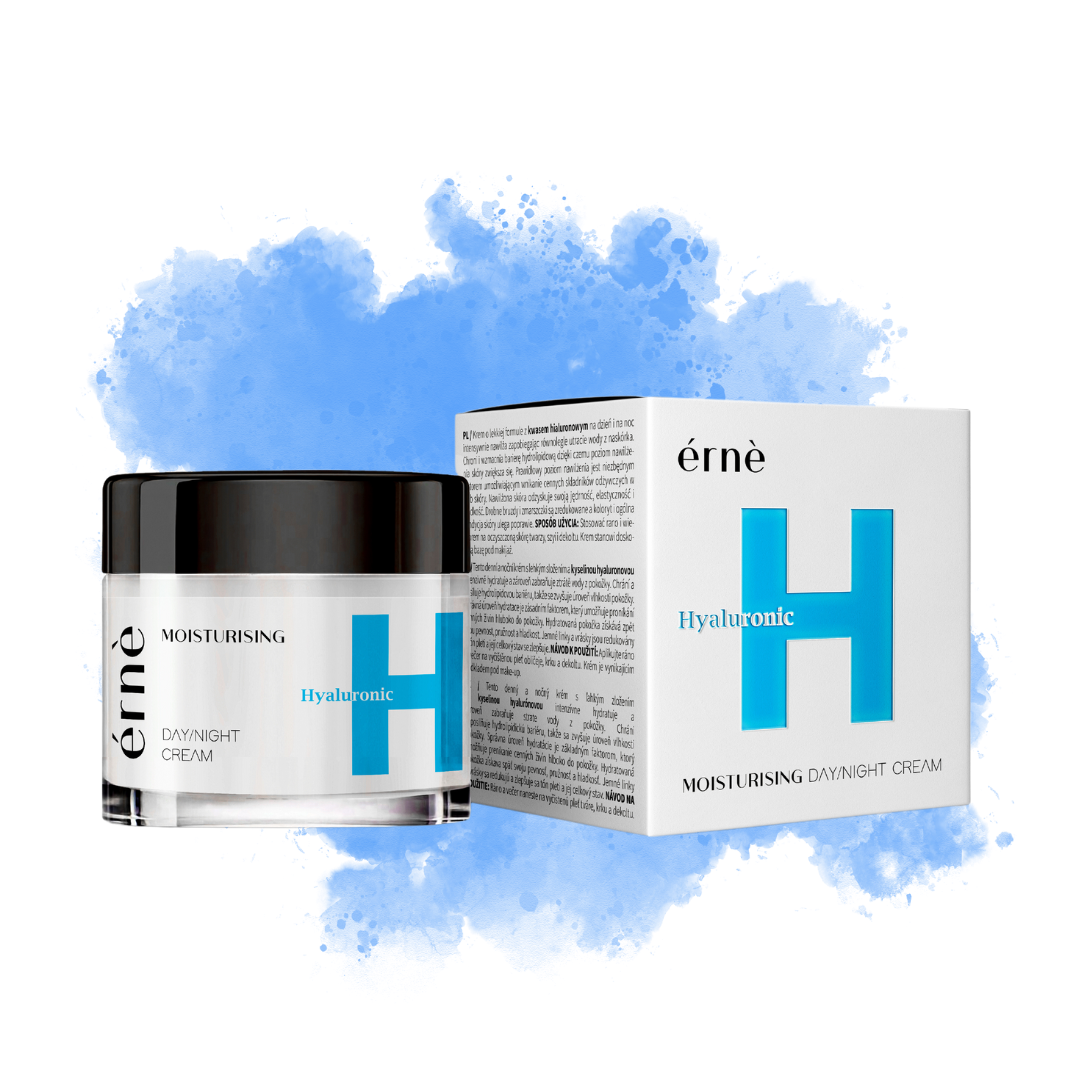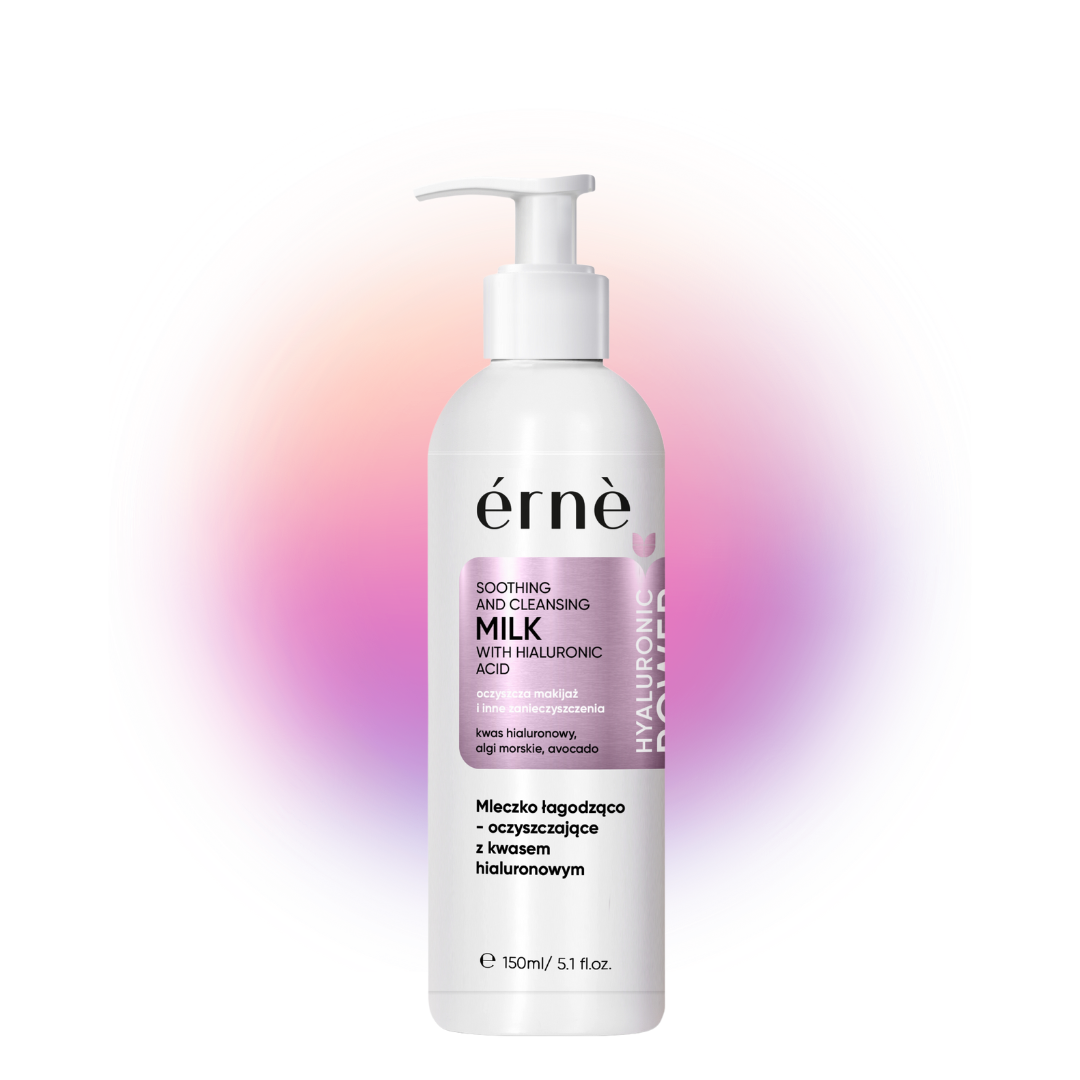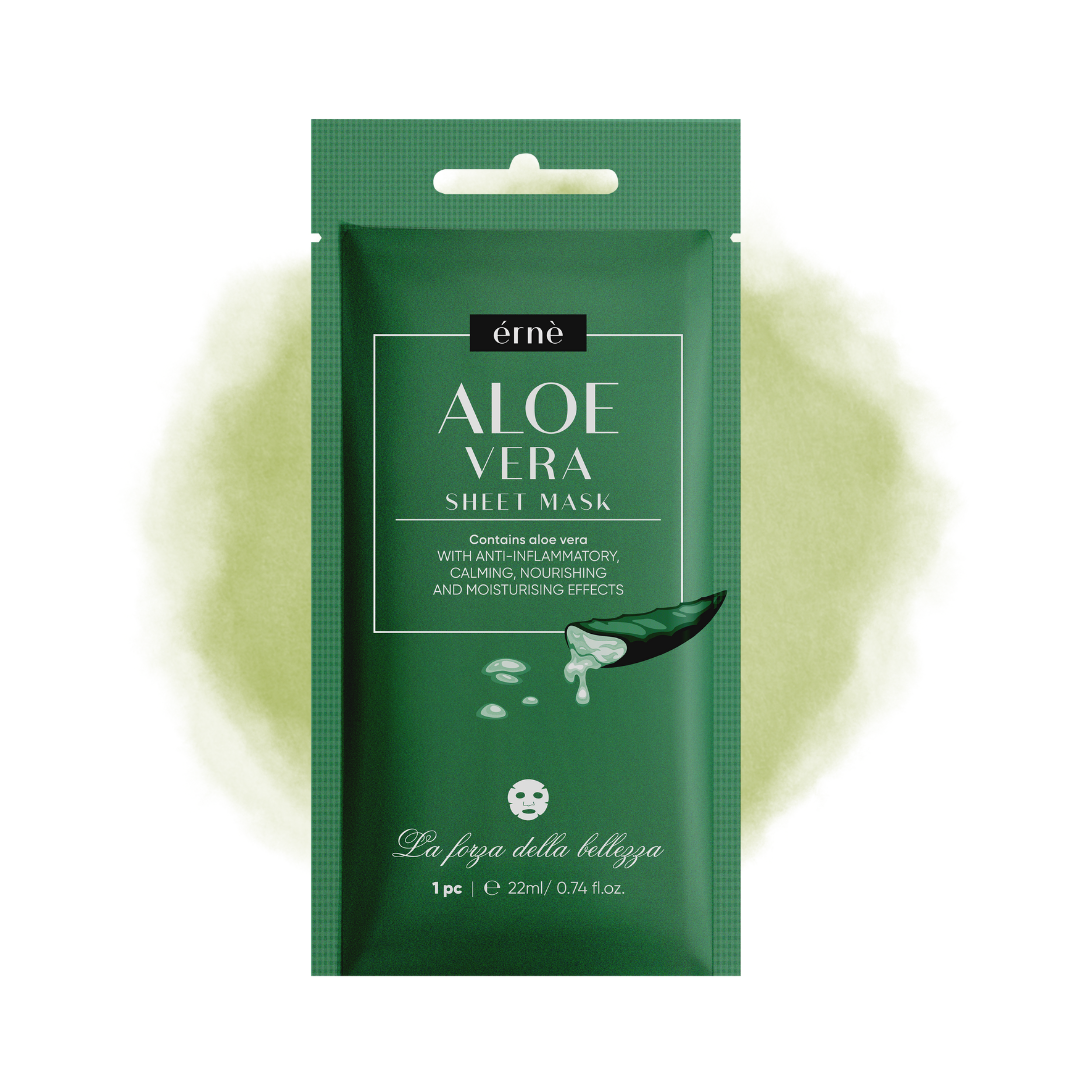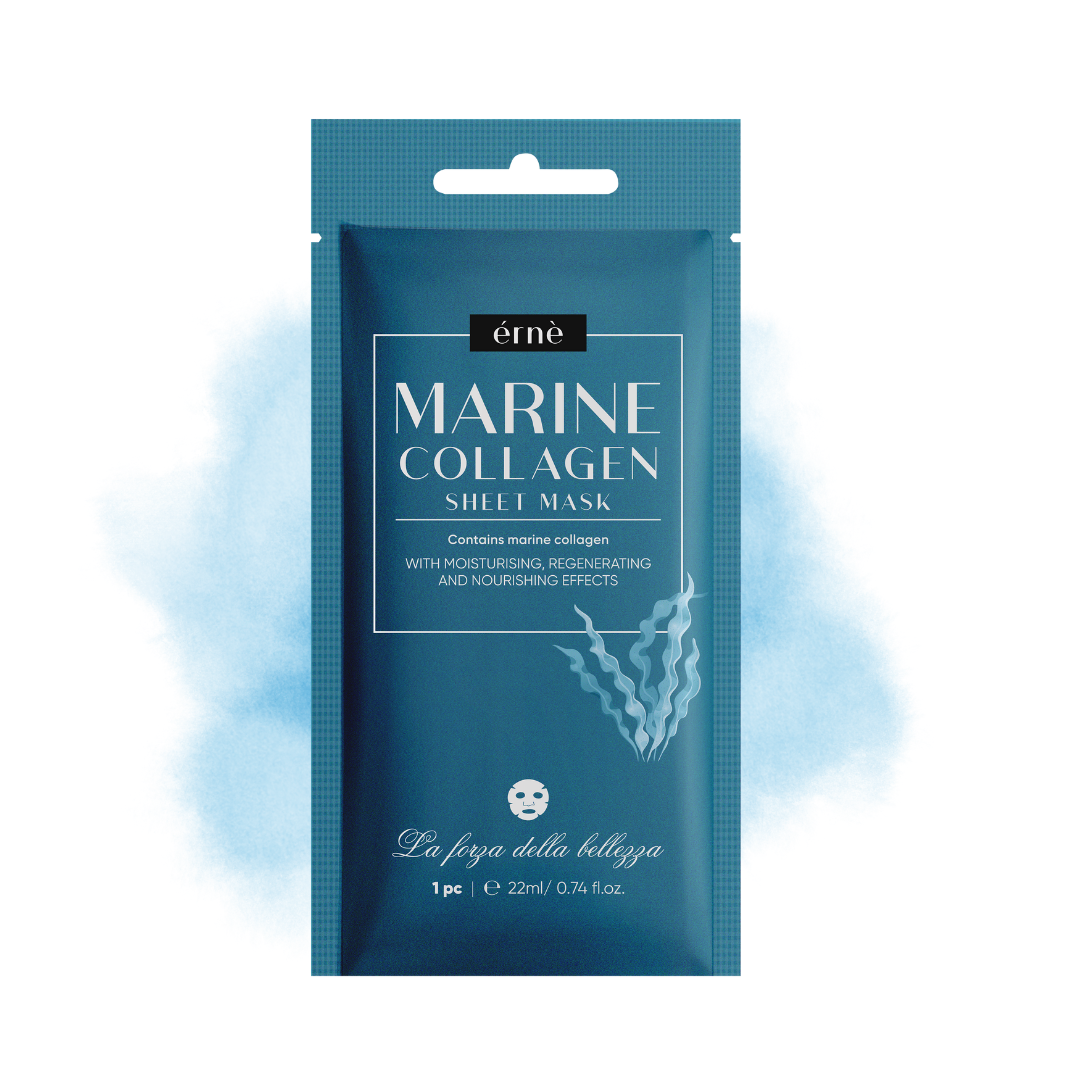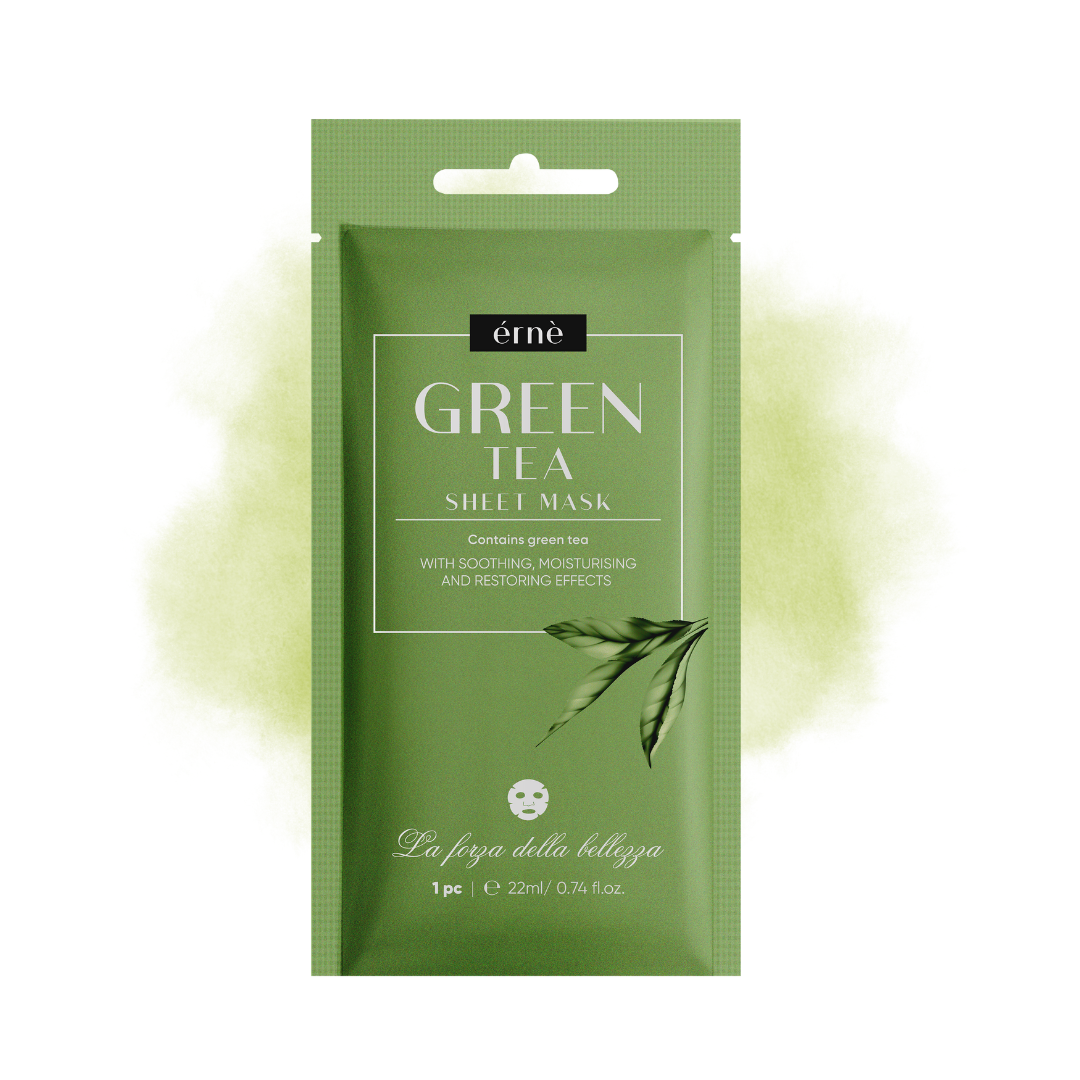Understanding dehydrated skin

Understanding dry skin and lack of moisture
If you have experienced cracked, chafed, or dry skin, you would know how uncomfortable the skin may feel. Skin dryness is usually characterized by a lack of moisture, which occurs when the outermost layer of the skin, known as the epidermis, struggles to retain sufficient water. Whether it’s on your face, hands or feet, dry skin can feel itchy, rough and flaky.
Common factors for causing dry skin
As we age, our skin’s ability to produce natural oils and retain moisture diminishes. This natural aging process can lead to drier skin, especially in older adults.
Hormonal fluctuations, such as those during menopause or changes in thyroid function, can impact the skin’s hydration levels. Hormones play a crucial role in regulating the skin’s oil production, and imbalances can result in dryness.
Exposure to harsh environmental elements, including extreme temperatures, low humidity, and strong winds, can strip the skin of its moisture and lead to dryness. Indoor heating and air conditioning can also contribute to this problem.
Lifestyle factors like excessive bathing with hot water, using harsh soaps, and overuse of alcohol-based skincare products can disrupt the skin’s natural barrier, causing moisture loss.
Certain medical conditions, such as eczema, psoriasis, and diabetes, can predispose individuals to dry skin. Medications and treatments for various health issues can also have skin-drying side effects.
Make sure to contact a professional, in case, you believe you suffer from a medical conditional.
Addressing the issue
Understanding the underlying causes of skin dryness is essential in selecting the right skincare routine and products to address this concern effectively. By replenishing moisture, reinforcing the skin’s natural barrier, and adopting healthy habits, individuals can restore their skin’s hydration and achieve a smoother, more radiant complexion. Well known active ingredients are hyaluronic acid, ceramides and collagen.



